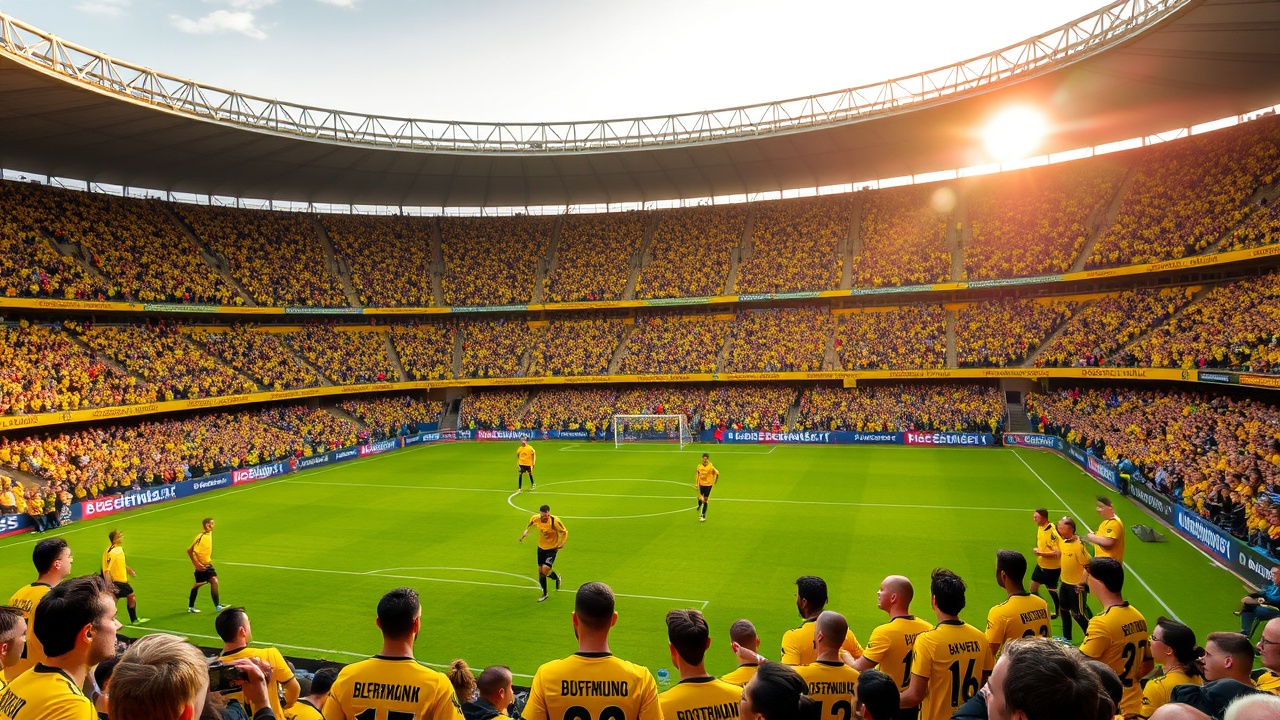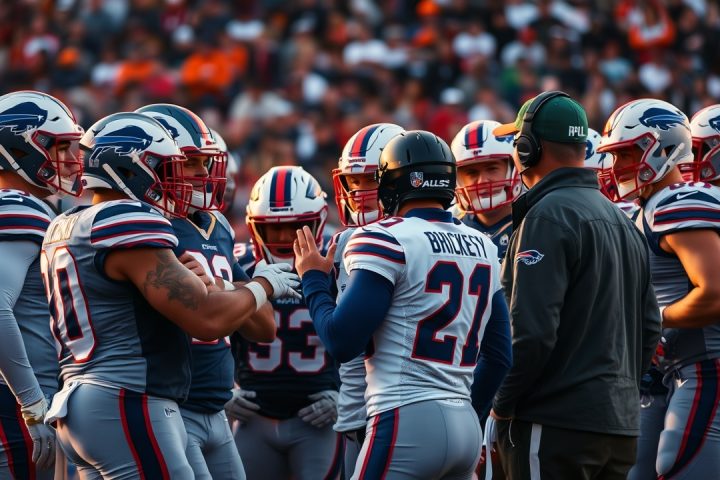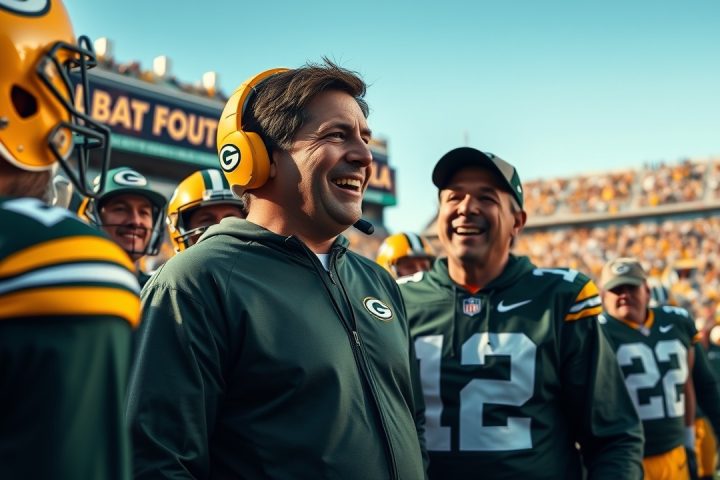Transformation Under Niko Kovac
The journey of Borussia Dortmund under coach Niko Kovac has taken a remarkable turn since a challenging defeat against RB Leipzig on March 15, which marked what many considered a tipping point for the team. That match, which ended in a disappointing 2-0 loss, left Dortmund languishing in 11th place in the Bundesliga standings, raising doubts about Kovac’s ability to inspire improvement after just a few weeks in charge.
Turning Point and Tactical Shift
At that time, Kovac’s management faced scrutiny for recording four losses in six league matches, contributing to a sense of urgency within the club. However, following this setback, he made a pivotal tactical decision at halftime, shifting to a back three that suited his players better, providing much-needed defensive solidity. This adjustment turned out to be a catalyst for what could be described as a transformation in the team’s performance.
Resurgence and Impressive Results
Surprising many, Dortmund surged from their previous woes to an impressive series of results, clinching seven wins and a draw (against reigning champions Bayern Munich), which secured them a coveted UEFA Champions League spot by the end of the campaign.
Upcoming Match and Current Context
Now, as they prepare to face Leipzig again this Saturday, there’s a sense of irony in reflecting on that earlier match. Leipzig now finds itself outside of European competition for the first time since joining the Bundesliga, while Dortmund’s resurgence paints a different picture; transforming from underachievers to serious contenders in the ongoing season.
Key Players and Tactical Cohesion
This matchup not only stands as a test of Dortmund’s progress but comes at a time when Kovac has instituted a disciplined and cohesive approach that has bred success. So far, the team has managed to record four consecutive league wins, all while maintaining clean sheets, a feat never accomplished in their club history. Critics may argue that these victories have mostly been against lower-ranked teams, yet the signs of tangible togetherness and tactical sophistication under Kovac’s management are evident.
Key players have stepped up remarkably. Goalkeeper Gregor Kobel has been a standout performer, while defender Waldemar Anton has shown his adaptability. The return of Nico Schlotterbeck from injury has added depth to the backline, while Ramy Bensebaini has displayed versatility in a more advanced role. Wingbacks such as Daniel Svensson have also made significant contributions, reinforcing Kovac’s strategic vision.
In midfield, though it seems unspectacular at first glance, the duo of Felix Nmecha and Marcel Sabitzer injects energy and resilience, supported by an array of talented substitutes, including Jobe Bellingham and Julian Brandt. The latter proved his worth with two assists in a recent match after stepping in for an injured teammate.
At the forefront of the attack, Serhou Guirassy’s presence continues to be crucial, while the electrifying performances of Karim Adeyemi have garnered attention as he dazzles fans with his speed and skill. Maximilian Beier also shows promise as he grows into his role in the squad.
Looking Ahead
Dortmund may still find themselves chasing Bayern Munich’s dominance, yet Kovac’s efforts have revitalized a once-struggling team. As they head into crucial fixtures against Leipzig and Bayern, the spotlight intensifies, raising questions about their true capabilities. Can they maintain this momentum and prove their resilience during these pivotal tests? The answers await as the footballing world looks on.




